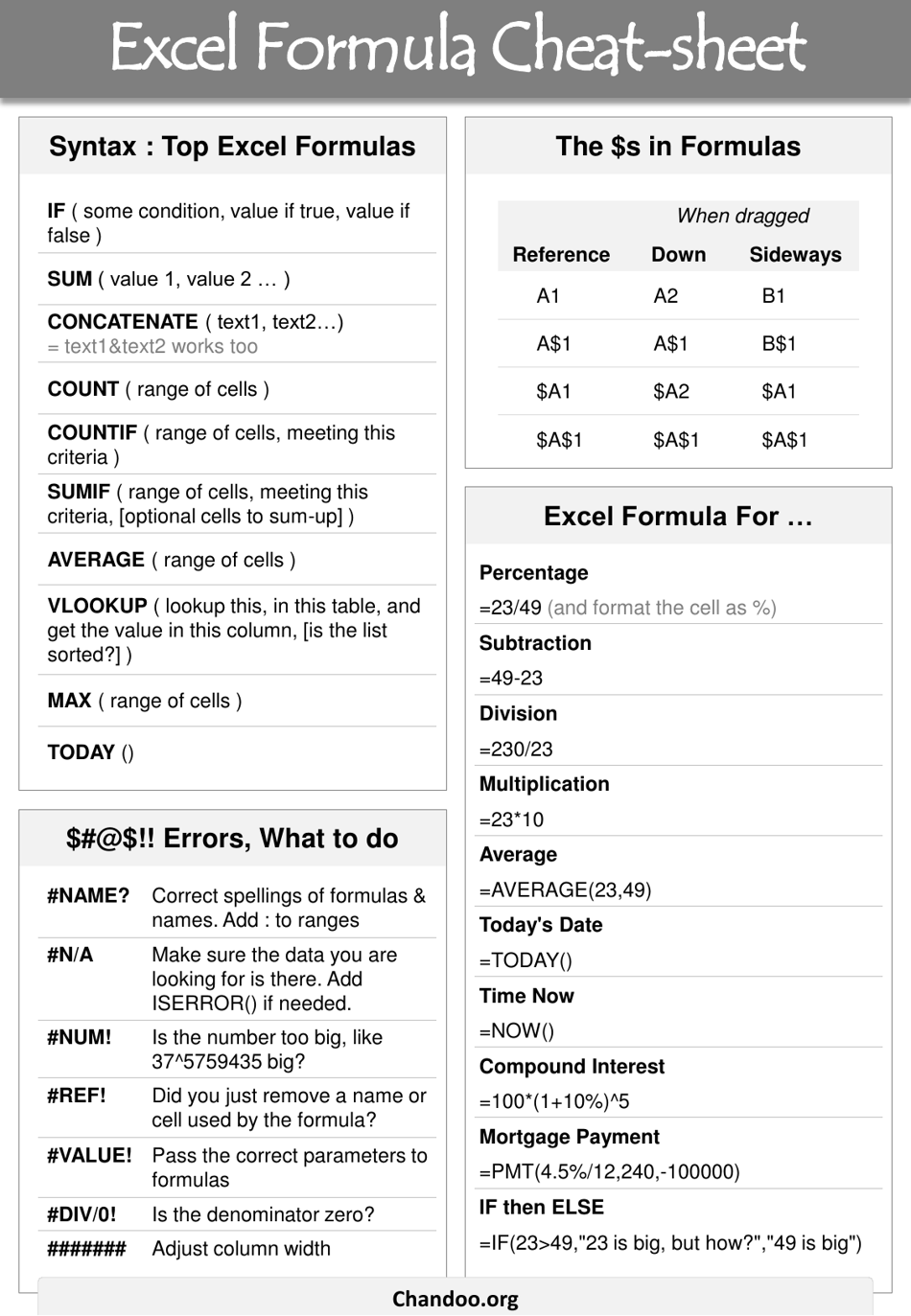7 Essential HR Documents and Their Retention Periods

Human Resources (HR) departments are the backbone of any organization, ensuring that all employment practices align with both legal requirements and company policies. One critical aspect of HR management is the proper handling and retention of essential documents. Understanding which documents need to be retained and for how long is crucial for compliance, risk management, and operational efficiency. Let's delve into the seven essential HR documents, their retention periods, and why they matter.
1. Employee Personnel Files


Personnel files contain all the records related to an employee’s journey within the organization. These files typically include:
- Hiring documentation (job applications, resumes, and offer letters)
- Performance appraisals and reviews
- Training records
- Promotion or demotion documents
- Termination records, including exit interviews and severance agreements
Retention Period:

The retention period for these files can range from 3 years post-termination to permanent, depending on the nature of the document and the applicable laws of your jurisdiction. Here is a breakdown:
| Document Type | Retention Period |
|---|---|
| Resume/Application | 2 Years |
| Performance Reviews | 3-7 Years or Longer |
| Termination Records | Indefinitely |

📝 Note: Ensure you are familiar with local laws, as regulations can differ significantly from one region to another.
2. Payroll and Time Records

Payroll records are not just about keeping track of employee compensation; they are crucial for:
- Compliance with wage and hour laws
- Handling audits
- Supporting claims for unemployment insurance or workers’ compensation
Retention Period:

- Wage and Hour Compliance: The FLSA requires the retention of basic payroll records for at least three years.
- Payroll Tax Records: These must be kept for four years according to IRS guidelines.
3. Benefits Administration

Documents related to employee benefits, including healthcare, retirement plans, and leaves, must be meticulously tracked:
- Plan documents
- Enrollment forms
- Benefit election forms
- Certificates of insurance
- Health plan summaries
Retention Period:

- Employee benefit plan records (like ERISA plans) should be retained for six years after filing the summary annual report.
- Retirement plans may require records to be kept permanently due to potential future claims or audits.
4. I-9 Forms

I-9 forms are essential for verifying the identity and employment authorization of individuals hired for employment in the United States:
Retention Period:

- I-9 forms must be retained for three years after the date of hire or one year after the date employment ends, whichever is later.
5. Safety and Health Records

Records of workplace safety, accidents, and health hazards are vital for compliance with OSHA (Occupational Safety and Health Administration):
Retention Period:

- OSHA Forms 300 and 300A need to be retained for five years following the end of the calendar year they cover.
- Injury and illness logs should also be kept for five years.
6. Legal and Litigation Files

Documents related to any legal proceedings or potential litigation are of paramount importance:
Retention Period:

- Litigation files should generally be kept for the period of the statute of limitations for the claims in question, which can extend several years.
7. HR Policies and Procedures Manual

The HR policies and procedures manual outlines the framework for employment practices within the organization:
Retention Period:

- These documents should be retained indefinitely to ensure a historical record of company practices, compliance, and changes in policy over time.
In summary, managing HR documentation effectively requires a strategic approach to recordkeeping. Each document serves a purpose, from ensuring legal compliance to facilitating smooth employee relations and operational continuity. By understanding and adhering to the outlined retention periods, organizations can:
- Prevent legal pitfalls
- Support audits and legal inquiries
- Maintain consistency in employee treatment
- Ensure efficient records management
Remember, while these guidelines offer a general framework, specific industry regulations or jurisdiction-specific laws might alter these requirements. It is beneficial to have an HR professional or a legal advisor review your document retention policies to ensure they are up-to-date and in line with current legislation.
What should I do if a former employee requests access to their personnel file?

+
Depending on your organization’s policy and local laws, employees might have the right to access their personnel files. Ensure you follow procedures for request handling, keeping in mind privacy concerns and legal restrictions.
Can HR documents be retained electronically?

+
Yes, many HR documents can be retained electronically, but you must ensure that your electronic system complies with legal requirements for data security and accessibility.
What happens if we fail to retain certain documents for the required period?

+
Failing to retain documents can lead to legal penalties, fines, and issues during audits or litigation where these documents would be crucial for defense or compliance.



